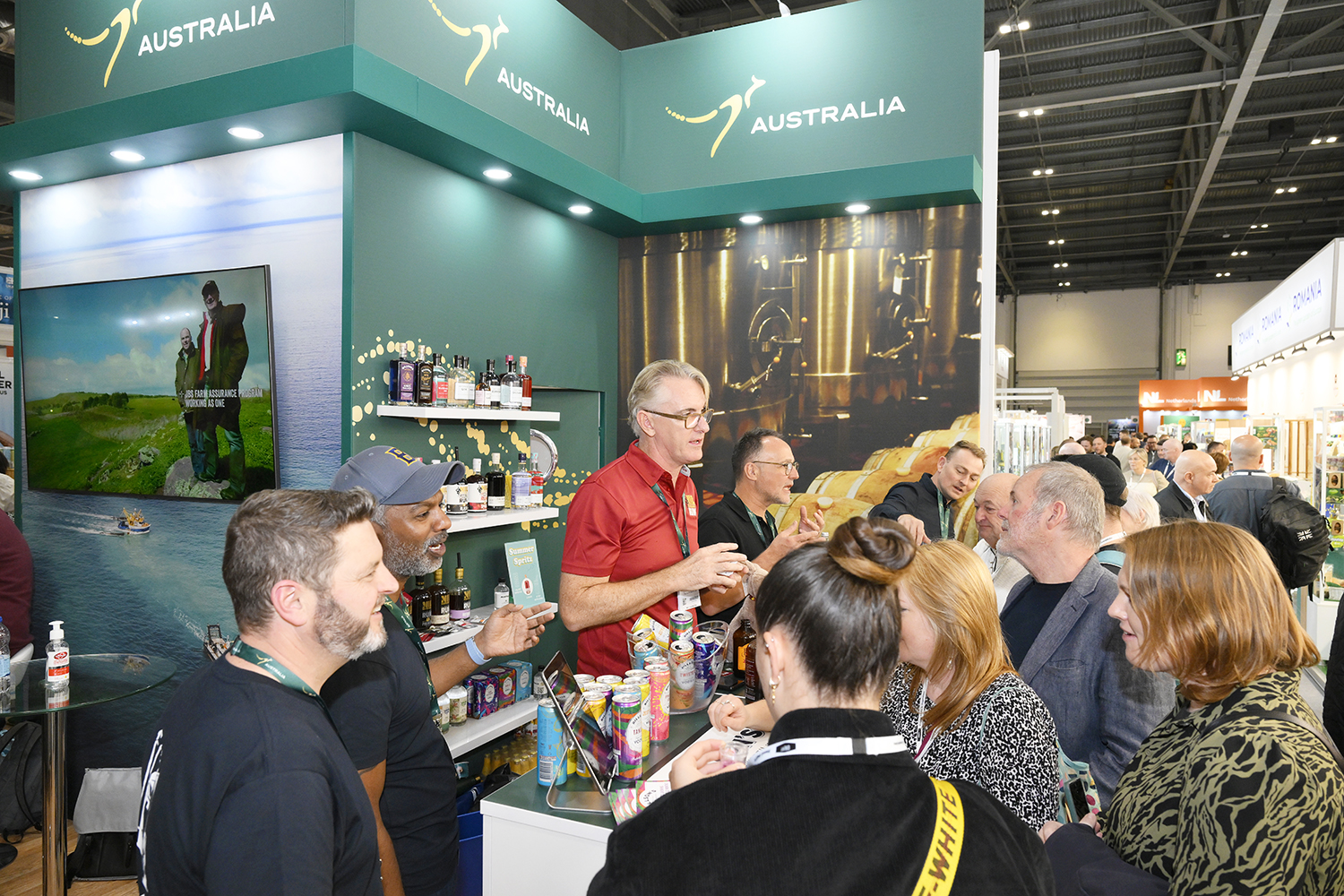Eden Mill founder hits back at distillery confusion
By db staff writerFrom the Borders to Angus, to Harris to Fife we are seeing continued growth in the number of new distilleries across Scotland, each of which are creating meaningful jobs and adding value to Scotland PLC.
By Paul Miller, Founder of Eden Mill distillery and brewery in St Andrews
Recent insights issued by prominent economist Prof Tony Mackay question the value of these new businesses, challenging the SWA and Scottish Government perceived over-claim as to market performance.
We are seeing see a very different picture to this research that in our opinion lacks depth with a one-dimensional portrayal of the industry. The new energetic and vibrant emerging distilleries are, in many cases, responding effectively to meet changing drinker trends. They are seeking to meet growing consumer passion for interesting, innovative and premium products with provenance – a trend taking shape across all food and drink categories on a global scale.
This trend toward less but better is evident with whisky as much as in other sectors. Single Malt premium whisky is in growth whilst blended whisky, as referenced by Prof Mackay, is in long-term decline.
This phenomenon has given rise to a new form of drinks tourism throughout the world. This is best evidenced in the USA with the growth of American craft distilling driving really significant tourist numbers in and around the Bourbon region.
Partner Content
Scotland with its rich distilling tradition and bountiful source of natural ingredients is well equipped to capitalise on these trends. Tourist experiences at whisky distilleries are already high and growing, adding to both rural and increasingly urban economies. Gin is adding another layer to this with distilleries like Eden Mill set to attract over 20,000 visitors this year to enjoy its gin tour.
One area where Miller agrees with the Professor is that the SWA and Government over-claim in this area. Miller’s view is that the SWA needs to recognise the 21st century global whisky market and the challenges it presents to scotch. It should be looking at how it can embrace vital innovation and creativity within its guidelines, and not seek to restrict or contain it.
Similarly the Government(s) both have a unique opportunity to support a potentially high growth industry by offering similar positive tax regimes to those enjoyed by American craft distillers and by UK craft brewers to the new breed of distillers. This power was previously within the gift of the EU, but post Brexit it should be a priority for the UK and Scottish Government to consider.




